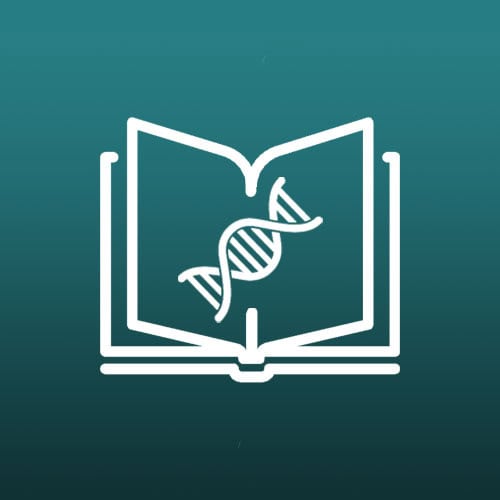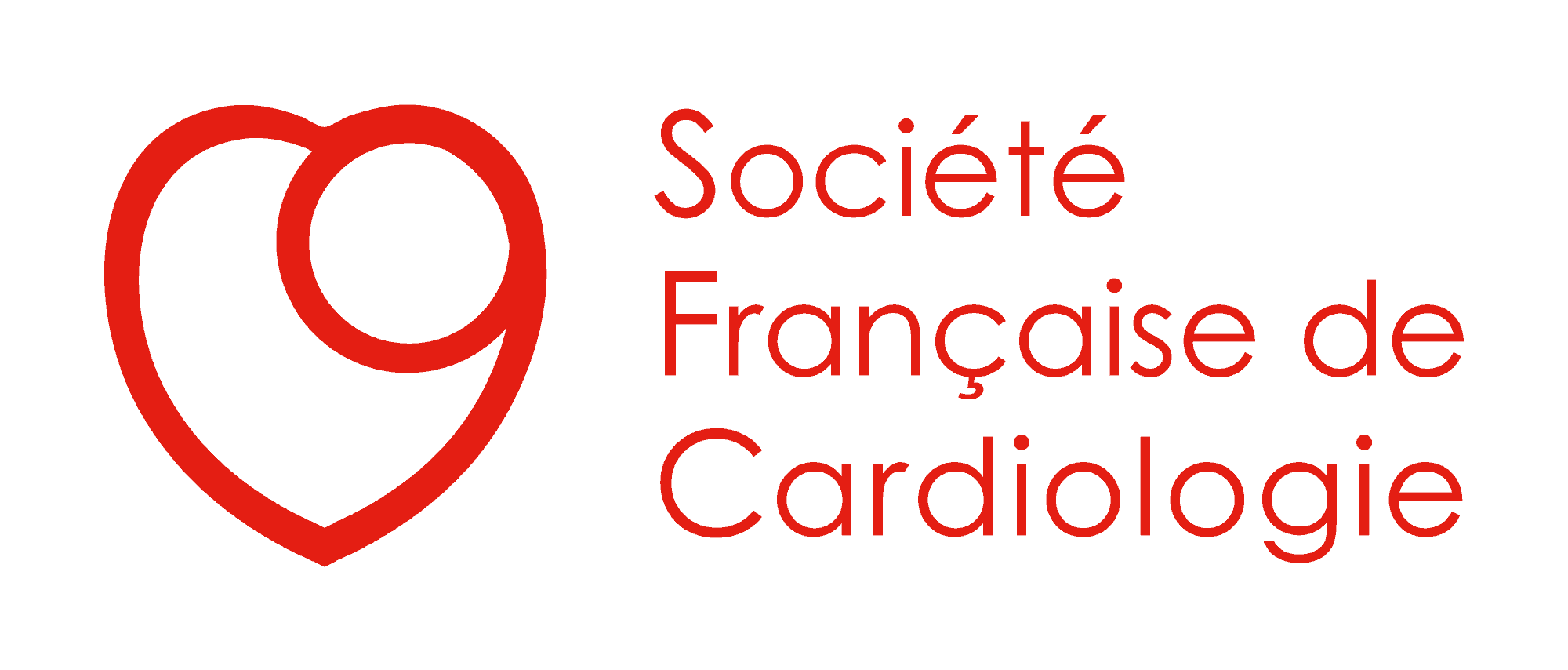Suivez-nous sur les réseaux sociaux !
Retrouvez les articles immanquables des Archives of Cardiovascular Diseases, revue scientifique mensuelle en anglais de notoriété internationale.
Voici un aperçu rapide des sujets abordés dans cette publication :
Dernières publications
Publications
Transcatheter interventions in congenital heart disease: We must have the means to fulfil our ambitions
Voici un aperçu rapide des sujets abordés dans cette publication :
Archives of Cardiovascular Diseases | Article du mois – Février 2020
Jean-Benoît Thambo
Summary
As a result of improvements in surgical and interventional cardiac procedures, the majority of children with congenital heart defects can now be expected to reach adulthood. Hence, children and adults with congenital heart disease (CHD) constitute an ever-growing and challenging population, especially those with complex defects. Regarding the available therapeutic armamentarium for these patients, transcatheter interventions have evolved exponentially in recent decades, and are now replacing surgical procedures in a wide variety of defects. This encouraging evolution has been made possible because of the ingenuity and imagination of pioneers who have designed dedicated devices or innovative procedures, despite the limited support of manufacturers. The collaboration between interventionists and their surgical colleagues has also led to the development of hybrid interventions, which are likely to allow less invasive therapy of an increasing number of defects in the future. Despite the promising prospects for our discipline in France, great challenges remain to ensure that children and adults with CHD will continue to benefit from safe percutaneous interventions. Those challenges are:
- to define the optimal conditions for delivery of care regarding percutaneous procedures in patients with CHD, and provide expert and evidence-based recommendations for diagnostic and interventional cardiac catheterization;
- to develop reliable national data-collection tools and registries, allowing accurate evaluation of long-term patient outcome after transcatheter interventions;
- to maintain the ‘‘French Touch’’ tradition regarding innovations and development in the field of CHD—addressing in particular the concerns raised by implanting percutaneous devices in growing hearts.
Keywords
Congenital heartdisease, Paediatric cardiology, Transcatheter interventions, Percutaneous devices
© 2019 Elsevier Masson SAS. All rights reserved.
Partagez cet article :
Partagez cet article :
Written by : SFC
Plus de publications de la SFC

CARDIOLOGIE PÉDIATRIQUE Three-dimensional echocardiography in adults with congenital heart disease: a scientific statement of [...]

Archives of Cardiovascular Diseases | Juin 2025 Consensus document from the Group Exercise Rehabilitation [...]



